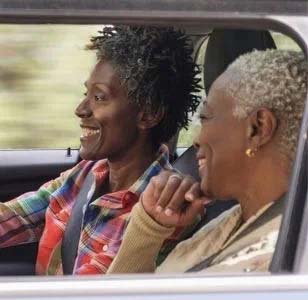
A range of cover options to suit your needs

3-year fixed price with no tie-ins – T&Cs apply

Get 3 months free before 15 May 2024 – T&Cs apply.
- Electric car insurance
- Multi car insurance
- 3-year fixed price car insurance
- Car insurance extra coverage
- Car insurance FAQs
- Breakdown cover
- Over 50s car insurance
- Over 70s car insurance
- European cover insurance
- Over 60s car insurance
- Named driver insurance
- GAP insurance
- Increased Personal Accident Cover
- Business car insurance
- Motor legal protection
- Comprehensive car insurance
- Third party fire and theft
- Courtesy car cover
- Car key insurance
- Replacement car extension
- European breakdown cover explained
- Is your car insured?
- 3-year fixed price home insurance
- Buildings insurance
- Contents insurance
- Buildings and contents insurance
- Renters insurance
- Home insurance FAQs
- Additional home insurance cover options
- Accidental damage insurance
- Over 50s home insurance
- Over 60s home insurance
- High value home insurance
- Single trip travel insurance
- Annual travel insurance
- Pre-existing medical conditions
- Travel insurance FAQs
- Coronavirus information
- UK holidays travel insurance
- Travel insurance for over 65s
- Cruise travel insurance
- Ski travel insurance
- Glossary of terms
- Travel insurance for over 70s
- Leisure activities

Relaxing hotel-based holidays in the sun, with a Saga Host on hand.

Everything's taken care of on a Saga Group Tour, so you can see and do more.

Exciting destinations. Inspiring options. Discover your ideal travel experience.


Access to a range of accounts to suit your savings needs.

Including will writing, probate and lasting power of attorney.

Provided by award-winning mortgage broker Tembo.


Tips, insight and guidance into helping your money work as hard – and stretch as far – as possible.

The UK's bestselling subscription magazine

Discover our daily puzzles







